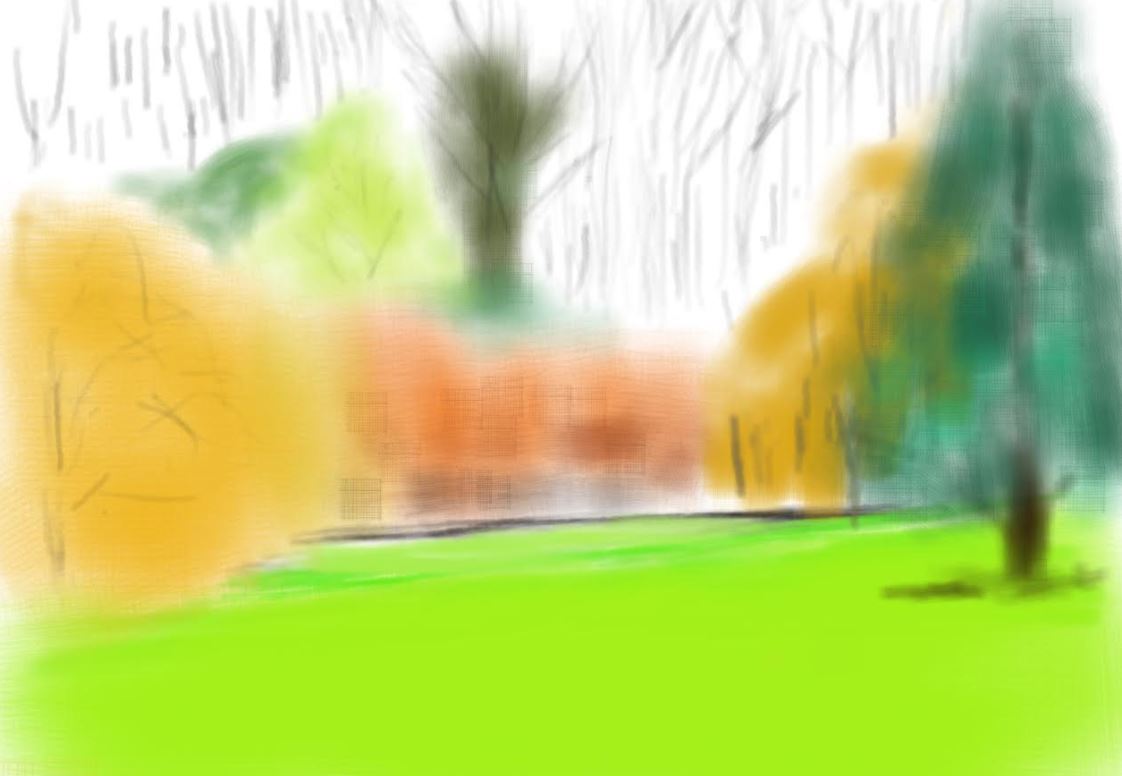Trying to achieve something significant usually comes at a cost that can be measure in many different ways. As part of my personal inquiry I want to explore the nature of the costs when working for nature.
For the past month I have been digging up part of a field in order to expose the clay rich soil into which I am sowing wildflower seed. I reached the point this week when the timing for sowing seeds (late March) was right so I hurridly completed the final areas for ground preparation and sowed a mix of seeds containing about 20 wildflower species.
Earlier in the week I attended a webinar given by horticulturalist/water scientist Janet Manningwho emphasised the importance of soil texture and structure for water retention. I followed some of her advice. Before sowing I broke the clay, added some compost and sharp sand, raked it and then scattered seed before pressing them into the soil by gently treading on them. As I turned the clay over I exposed nuerous earth worms which remined me that there is a lot going on beneath the surface.
Looking back over the month or so I have been digging this patch and reflecting on the physical effort I had put in the saying ‘no gain without pain’ came into my head, which might easily have been adapted to ‘no gain without commitment, effort and perseverance’ to capture what is actually involved when working for nature. And yes there was a bit of physical pain as well as I picked up several minor injuries as I went about by work. Working for nature involves being able to carry out the work ie having the strength, mobility and agility necessary to accomplish the tasks and also and the desire to undertake the work and maintain effort over a period of time encouraged by a belief that the effort will be worthwhile and a vision of the effects and benefits for nature that our efforts will achieve – in my case the production of several hundred square metres of wildflowers that will help a larger population of insect pollinators to flourish, if I hadn’t undertaken the work. As I surveyed the effects of my digging and sowing I realised that what I was feeling at this moment was a sense of wellbeing of fulfillment as my efforts and beliefs merged with and the aesthetic appeal of the new patterns for new life I had created in this place.
I am not alone in appreciating the health benefits of working for and with nature. A wealth of studies has demonstrated that nature experience is associated with psychological well-being.
“The forms of association include evidence that links nature experience with increased positive affect; happiness and subjective wellbeing; positive social interactions, cohesion, and engagement; a sense of meaning and purpose in life; improved manageability of life tasks; and decreases in mental distress, such as negative affect. In addition, with longitudinal studies, as well as natural and controlled experiments, nature experience has been shown to positively affect various aspects of cognitive function, memory and attention, impulse inhibition, and children’s school performance, as well as imagination and creativity.” (1). I will be paying attention to some of this research as my inquiry unfolds.
Source
1)Nature and mental health: An ecosystem service perspective Gregory N. Bratman, Christopher B. Anderson, Marc G. Berman, Bobby Cochran, Sjerp de Vries, Jon Flanders, Carl Folke, Howard Frumkin, James J. Gross, Terry Hartig, Peter H. Kahn, Jr., Ming Kuo, Joshua J. Lawler, Phillip S. Levin, Therese Lindahl, Andreas Meyer-Lindenberg, Richard Mitchell, Zhiyun Ouyang, Jenny Roe, Lynn Scarlett, Jeffrey R. Smith, Matilda van den Bosch, Benedict W. Wheeler, Mathew P. White, Hua Zheng, and Gretchen C. Daily Sci. Adv., 5 (7), eaax0903 Available at: https://www.science.org/doi/10.1126/sciadv.aax0903

 RSS Feed
RSS Feed